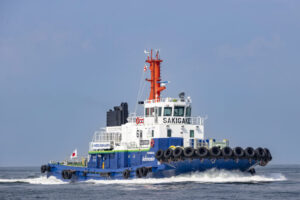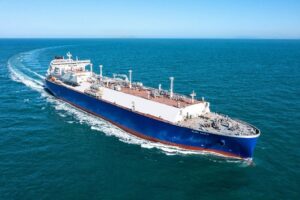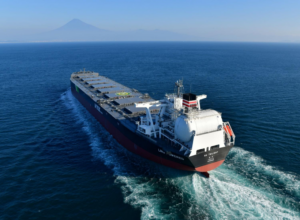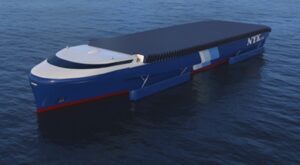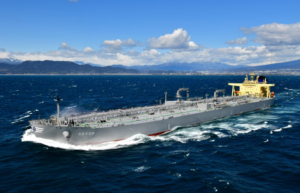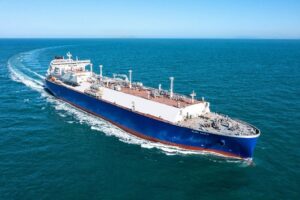NYK: New Ship Propeller to Cut CO2 Emissions
Japan’s NYK Line, MTI Co. Ltd., and Japan Marine United Corporation (JMU) have developed a highly efficient propeller by analyzing the conditions surrounding vessel propellers in actual operation.
The propeller, which will achieve a 1.2 percent reduction in carbon dioxide (CO2) emissions by improving fuel efficiency, will be installed on two newly built containerships scheduled for delivery in 2019.
NYK informed that the project partners analyzed the condition of a propeller in operation on an oceangoing vessel. Afterward, they confirmed that the simulation data matched the actual conditions to a high probability. The highly reliable simulation was then used to achieve further optimization of propeller design and thus improve fuel efficiency.
In collaboration with shipping companies and shipbuilders, the three companies “will continue to make use of their expertise to contribute to the realization of a sustainable society through the provision and operation of vessels demonstrating excellent environmental performance,” NYK said.
The analysis was conducted by observing the cavitation and measuring the flow velocity around the propeller. Cavitation is a phenomenon in which air bubbles are generated when the pressure in a liquid suddenly drops. Excessive cavitation on the propeller blade causes ship vibration and leads to erosion of the propeller.

